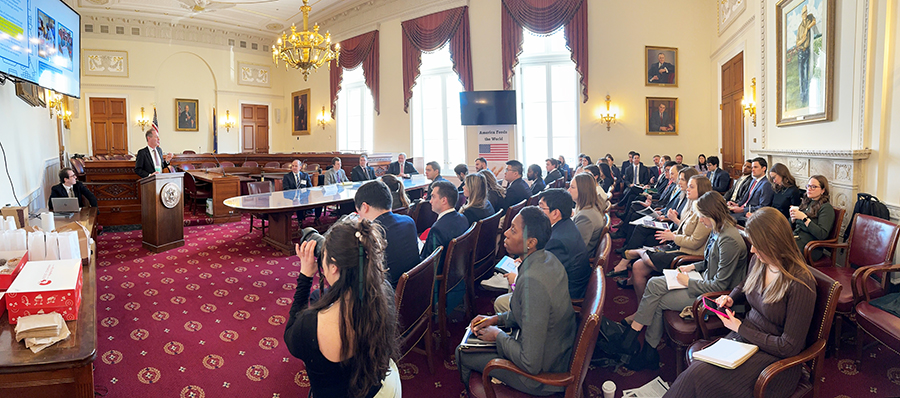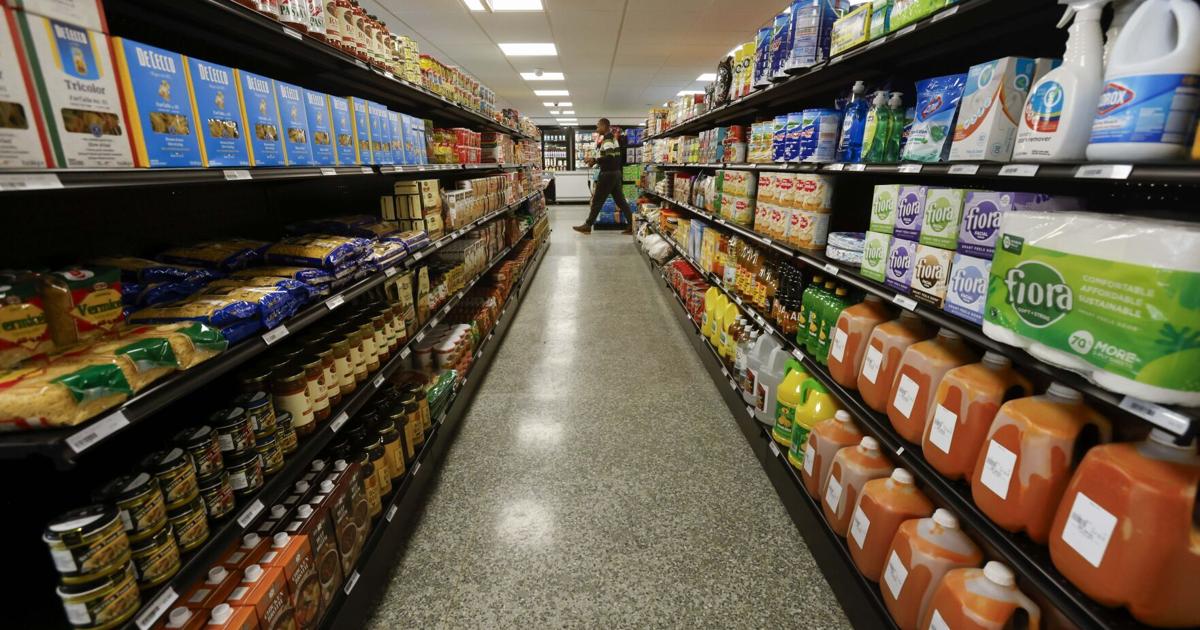BENSENVILLE, ILLINOIS – SEPTEMBER 12: A person purchases gas at a Shell station on September 12, … [+]
Inflation is a hotly watched topic these days. The U.S. is likely past peak U.S. inflation, but the Fed is concerned inflation won’t fall as fast as they would like. October’s CPI report may show a month-on-month acceleration compared to the past two months, but the real question is where core inflation for products like food and shelter is heading.
Octobers’ CPI Report
On Thursday, October 13 at 8.30am Eastern Time we’ll get another U.S. Consumer Price Index (CPI) report covering the month of September 2022. The topline number is may not be as good as the two most recent reports where inflation was basically flat month-on-month.
Inflation Nowcast
The Cleveland Fed’s Nowcast of inflation which tracks swings in energy and other prices has inflation for September coming in at 0.3% month-on-month. Of course, that forecast may update as more data comes in, but if it holds that wouldn’t do much to dent 0verall inflation which would remain at around 8% year-on-year since inflation in the comparable period of September 2021 was 0.4% month-on-month.
Looking Beyond Energy
The main story for the two most recent CPI releases for the months of July and August has been that energy prices, such as gasoline costs, fell dramatically enough to keep a lid on prices overall. Gasoline prices are currently heading lower for September too.
That’s welcome, and certainly helps consumer budgets, but the Fed knows the swings in energy are often transitory and what they are really concerned about is underlying inflation for products and services such as food, cars, housing and healthcare.
The Worry With September’s CPI Report
This was the problem with the September’s CPI report. Yes, inflation looked basically flat month-on-month, but under the surface, it was really only energy prices dropping as plenty of other prices were rising sharply.
The concern that is once energy prices level off, the Fed will be left with higher inflation than it wants to see. It’s those prices beyond energy that are more predictive of medium-term inflation trends.
So interpreting October’s CPI report will require looking beyond the topline numbers to examine trends for prices in food, shelter and other goods and services beyond energy. It’s those prices that are creeping up at a faster rate than the Fed wants to see and creates the fear that inflation could become a longer term problem for the U.S. economy. Two major categories to watch are food and shelter these carry large weights in CPI inflation calculations.
Food
Food price inflation has been on a tear but the good news is that there’s a chance it is starting to moderate. The Producer Price Index data on farm products for the month of August shows that product prices may be beginning to fall, in aggregate, but this is only a month of data after a strong run-up in food prices, so it may not become a broader trend. Also, there is a question concerning to what extent and how rapidly falling farm prices, if they hold, translate into declining food costs for end consumers.
Shelter
The cost of housing is a major component of the CPI. Prices accelerated in the report for the month of August, so the data for September will be closely watched. There are some signs that the housing market is softening as mortgage rates have increased dramatically, however, how and when this plays out in the CPI report remains to be seen.
What To Watch For
October’s CPI Report may show another fairly mild increase in prices overall as energy prices moderate or stabilize. However, the key question for the Fed is how are a broader set of prices are trending.
September’s report was a cause for concern in that regard. Nonetheless, there are some, early signs that major prices whether for housing or food is starting to moderate. However, the strength of those trends and whether they start to appear in October’s CPI Report remains to be seen.
The markets are currently reasonably comfortable that the Fed will start to ease up on rate hikes as 2022 comes to an end, but the Fed hasn’t seen the positive data it is looking for yet. It appears that, on inflation, either the markets are being too optimistic or the Fed may be being too cautious. The upcoming October CPI report may help to start to resolve that apparent inconsistency.











